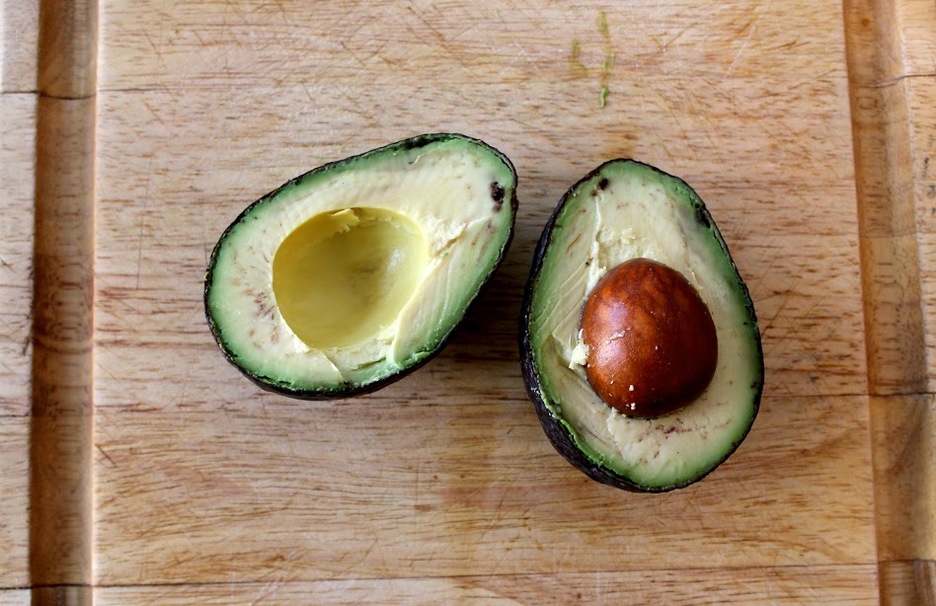In recent years, veganism has been becoming an increasingly popular diet. Even here at UCF, veganism is alive and well among students. There are a large number of reasons why many people have chosen to become vegan; whether it’s to reduce the risk of heart disease and diabetes, to protect the rights of animals, or to help with weight loss, there are lots of great reasons to switch to this diet.
However, another big reason why many people are converting to veganism is that they say it’s more environmentally friendly. But, is veganism really better for the environment than, let’s say, becoming a reducitarian (staying an omnivore but reducing your intake of animal products) or a vegetarian? On the surface, it may seem like it, but there are a lot of issues that arise when you have large numbers of people switching to this diet. So, to examine this issue, I’m going to look at a hypothetical situation where everyone in the United States becomes vegan and see how it would impact our environment.
Farms Can’t Do It Alone

Many people don’t realize how interrelated the fields of growing plants and raising livestock are. Farms provide crop waste for the animals to feed on and in return, the animals provide manure to be used as fertilizer for the plants. If everyone decided to go vegan, then a lot of the land now used for grazing animals would have to be converted to cropland and we would significantly reduce the amount of livestock on this planet. That means there will be more crop waste, but less animals to consume it, leaving farms with few options but to burn the waste, releasing carbon dioxide into the atmosphere.
Then we have to consider fertilizer: if we cut our population of livestock, we have less manure to use as fertilizer. This means that we would have to manufacture a lot more artificial (read: not organic) fertilizer. That alone, according to an article published by the National Academy of Sciences, would produce about 23 million tons of carbon dioxide emissions. The burning of agricultural waste would produce about another 2 million tons. So when taking all these factors into account, an entirely vegan United States would reduce its greenhouse gas emissions by less than 3 percent. Not really the drastic decrease we were looking for.
It’s Not a Very Efficient Use of Our Land

While veganism is more efficient when it comes to land usage than our current diet, it’s not the best way to be using our available land. Carrying capacity when referring to these diets is the amount of people each diet can feed using only a certain amount of land. In a study released in Elementa, veganism ranked in fifth place for carrying capacity, behind two vegetarian and two omnivorous diets. However, the omnivorous diets that veganism ranked under were only 20 and 40 percent omnivorous, meaning that only that percentage of their meals were truly omnivorous and the rest of their meals followed a vegetarian diet. The key takeaway here is that vegetarianism seems to be the happy medium between omnivorism and veganism where we can most efficiently use our land.
The Global (and Environmental) Cost of Importing Produce

While this point may not be a direct environmental impact of veganism, I think it’s important to discuss the global impact of the diet. It’s no surprise that a lot of the food we eat—including more than half of our fruit—is imported. So if we all went vegan, can we really expect the countries we import from to keep up? That answer is a definite no. Even now, countries like Kenya and Mexico are running low on avocados. So much so that Kenya decided to stop exporting avocados altogether earlier this year and the prices for avocados in Mexico went up so much that Mexicans stopped buying them. Let me rephrase that: The country that invented guacamole is now running so low on its main ingredient because of exports that their citizens can’t even buy it. This problem exists with pretty much any food that we decide to import. So there is no way that these countries could, or would even want to, support our vegan diet with their exports. Not to mention all the environmental costs that come with the need to ship and airlift a lot more produce from all around the world to meet our consumption needs.
Now, there might be an obvious solution to this: eat local. But then imagine how limited your diet would have to be. You would have to cut down on produce like tomatoes, peppers, bananas, potatoes and carrots which are some of the top US-imported produce items. On top of that, you would only be able to eat the produce that is currently in season in your region. Imagine how dismal Whole Foods would look if we tried that. But it’s not just a question of variety and convenience; vegans are likely to be deficient in Calcium, vitamins A and B12, and some fatty acids even with the large variety of produce we have available now and switching to only local foods would make that malnutrition much worse.
So, while becoming vegan might seem like a good idea on the surface, there are a lot of environmental and health consequences that follow that most of us aren’t aware of. Looking at things holistically, veganism isn’t really a better option for the environment nor is it even practical for a large population.
Hopefully this article gives you a new perspective on the vegan diet, and if you’re vegan, I hope this didn’t discourage you. Truth is becoming vegan still has a lot of health benefits, and you’re likely not hurting the environment anymore than the next person by just being vegan. But it is time for all of us to pay some real attention to what we’re doing to our planet, and that means more than just buying organic food and recycling. If you do want to change your diet to a more environmentally friendly one, consider a reduced-meat or vegetarian diet, since those diets are the most efficient when it comes to land usage, would allow farms to get rid of agricultural waste without burning them, and provide more natural fertilizer.


